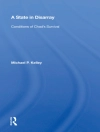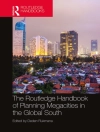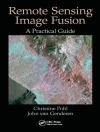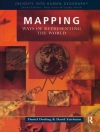Thesis (M.A.) from the year 2008 in the subject Geography / Earth Science – Economic Geography, grade: Pass, Lund University (Department of social and economic geography), language: English, abstract: This thesis is a qualitative study of the golf course development in the village of Bara in Skåne. The focus of the analysis is on sustainability, neo-liberalism and planning. It is focused on two themes, namely use of place, which involves aspects of social sustainability, neo-liberalism and planning and impacts on the environment/landscape, which involves ecological sustainability and planning/traffic planning issues. Different theories are used in order to analyse the two themes in the context of the golf course development in Bara. The theories used here are built on academic literature about social and ecological sustainability, planning theory and neo-liberalism. Perkins’ theory of commodification of rural spaces, Selberg’s model of less impact in the environment by traffic, Clokes and Lapping’s theoretical aspects of planning and rural planning, Chan and Lee’s theory on social sustainability and Marsden’s and Buttel’s theory on rural sustainability are of special interest in this thesis. The development in Bara is strongly connected to the local environment and to aspects of economic development. It is therefore important to investigate this kind of rural development to see what impact it has on the environmental and social aspects in Bara.
A propos de l’auteur
I hold a Ph D in transport planning and a bachelor and master degree in human geography. Currently I work as an assistant professor at Lund University in the field of sustainable transport and transport planning.












